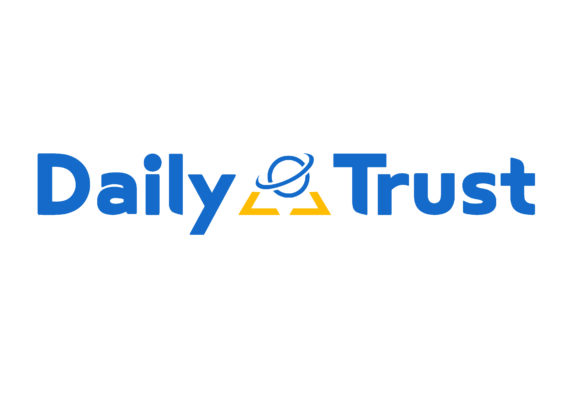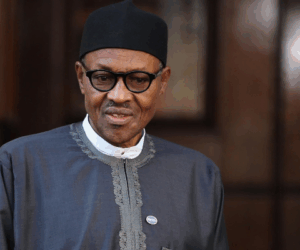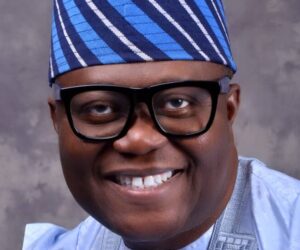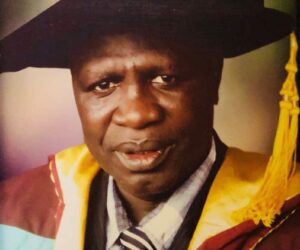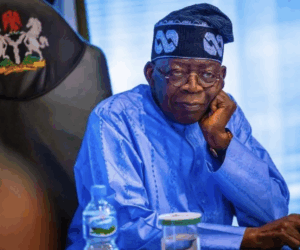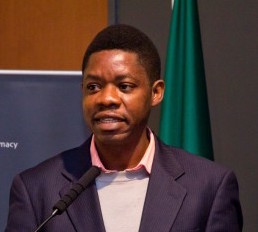We often say Nigeria is at peace, yet our actions betray that claim. We have relative peace but we don’t value it. Both citizens and government have, in one way or another, been complicit in allowing insecurity to fester across the nation. We normalise chaos until it becomes culture, and then express shock when the world notices.
Just last week, I spoke on a radio program about ensuring food security through technology adoption, and the question of livestock and grazing routes came up. Days later, U.S. President Donald Trump made global headlines, calling Nigeria “a country of particular concern,” citing mass killings and government inaction. His remarks might sound political, but they carry a hard truth: when a nation fails to secure its people, Christians, Muslims and Pagans, its economy, and its food systems, it loses both credibility and control.
Food security cannot exist in isolation from peace and stability. Farmers cannot plant, herders cannot graze, traders cannot transport goods, and investors cannot deploy technology in an environment plagued by fear and violence. Every time insecurity forces a farmer off his land or blocks a grazing route, food production drops, hunger rises, and the economy bleeds.
When we discussed grazing routes on radio, we weren’t just talking about herders and cattle, we were talking about the structure of national coexistence. These routes, if properly mapped, digitised, and secured, could prevent farmer-herder clashes that have cost thousands of lives and disrupted entire agricultural belts.
But over the years, the neglect of land management, climate change, and weak governance has turned what was once a pastoral system into a flashpoint for conflict. Technology and data-driven mapping could have prevented much of this, if only peace had been valued as a priority.
Trump’s recent statement is not merely foreign commentary; it’s a mirror held up to Nigeria. It reflects how insecurity, once internal, has become a matter of international concern. When foreign leaders question Nigeria’s capacity to protect its citizens, it sends a signal to investors, aid donors, and development partners that instability has economic consequences.
Nigeria’s problem is not the absence of policy; it’s the absence of implementation and accountability. We have policies on grazing routes, food safety, and agricultural modernisation. What we lack is the discipline to enforce them and the foresight to integrate technology into our national security and development agenda.
Imagine if Nigeria had a National Agricultural Data Bank integrating information on farms, grazing routes, rainfall, soil health, and livestock movements. Imagine if drones monitored migration corridors, solar-powered boreholes supplied water along grazing routes, and digital trackers reduced cattle rustling.
These aren’t fantasies; they are real solutions being deployed across Africa: Kenya uses GPS collars for livestock tracking to reduce conflict.
Ethiopia’s Livestock Information Vision (LIV) monitors herds in real time. Ghana’s Food Safety Authority runs a centralised digital food registry.
In Nigeria, however, progress remains piecemeal — brilliant pilots with no continuity. When the environment is insecure, technology adoption slows. Investors pull out. Data goes stale. Farmers retreat to survival mode.
When I say the citizens and the government have been complicit, I speak of silence and indifference. Communities normalise banditry, leaders politicise violence, and agencies work in isolation. We accept “relative peace” as enough, even when it’s fragile.
Every time we ignore small warning signs; blocked routes, stolen cattle, displaced farmers, unaudited subsidies — we contribute to a larger national failure. And every time leaders or citizens justify inaction with “it’s not my problem,” we feed the cycle of insecurity.
How do we move from blame to blueprint? Endless condemnation will not solve the crises undermining our nation’s stability. We must act decisively, because the challenge before us cuts deep into agriculture the mainstay of 30 million to 40 million Nigerians who depend on the land for survival.
Our food systems are under siege from insecurity, weak policy coordination, and neglect of critical infrastructure. The way forward requires more than outrage. It demands coordinated, measurable, and technology-driven action that restores both peace and productivity across our rural landscapes.
Here’s how we begin:
1. Digitise and secure grazing routes through technology and community participation to reduce conflict, improve monitoring, and restore trust between farmers and herders.
2. Establish a National Food Security Data Bank that integrates farmer registration, crop mapping, and livestock movement guiding national planning and response.
3. Empower and train youth as digital extension agents to bridge farmers and herders with real-time data, weather forecasts, and conflict alerts.
4. Enforce land-use policies and ensure ranching transitions are equitable, sustainable, and environmentally sound.
5. Treat peace as infrastructure. invest in it with the same seriousness we give to roads, power grids, and digital networks.
President Trump’s recent remarks about Nigeria may sting our national pride, but they should awaken our national conscience. They remind us that no nation can outsource its security. If we cannot guarantee safety in our farms, fields, and markets, then no drone, subsidy, or digital platform can rescue us.
The reality is simple but urgent: Food security begins with peace. Technology sustains it. Governance protects it. And only collective responsibility can preserve it. Many feel there is a bigger picture at play which is possibly true but I prefer to focus on how we arrived here.
We must value the relative peace we have today before the world reminds us again of what happens when we lose it.
Abdulmalik writes from CEO Green Growth, [email protected]
Source: Farhan Magazine
IDEAL FOR Civil/Public servants, Engineers, Doctors, Entrepreneurs, IT Experts/Software Developers, Top Bankers and more.

